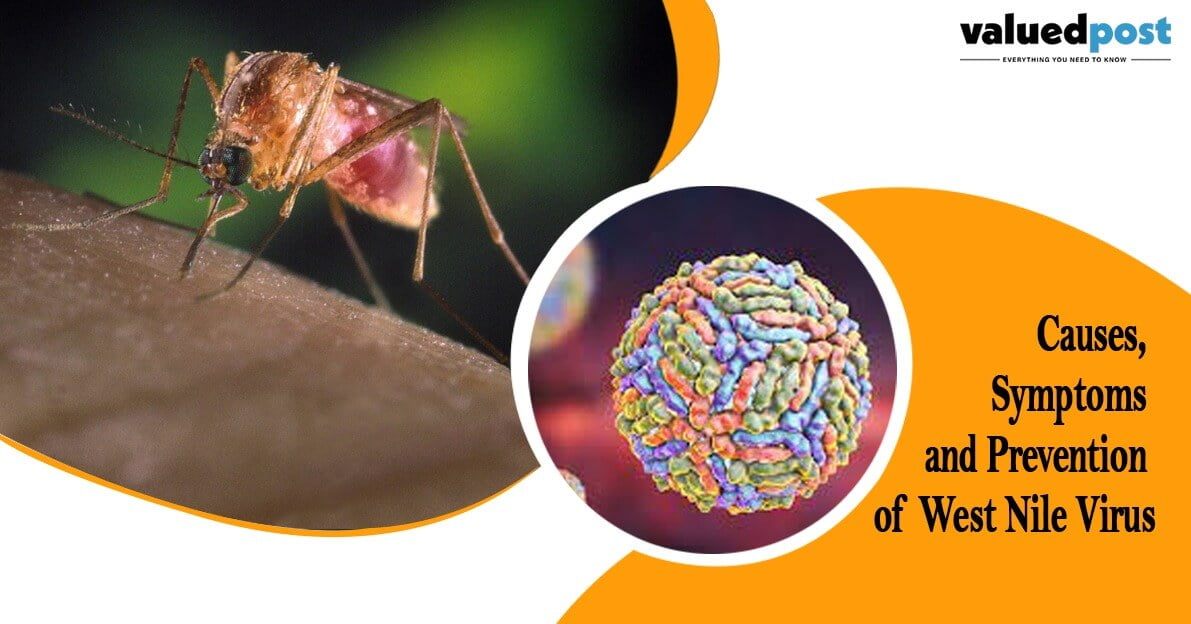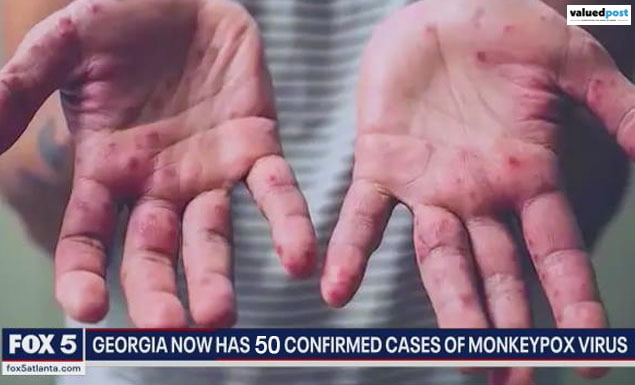In the continental United States, the West Nile virus (WNV) is the most common mosquito-borne disease. WNV cases are most common during mosquito season, which begins in the summer and lasts into the winter. The West Nile Virus affects birds, horses, humans and other mammals.
The most significant breakout of WNV occurs in countries like Romania, Greece, Russia, Israel, and the USA, which fall on the primary migratory path of the birds.
In 1999, this virus spread in Tunisia and Israel, and from there, WNV was imported to the USA. The first case of WNV was detected in the NewYork city, and since then, it has quickly spread to the whole country. The breakout of the WNV in the USA implies that the transportation and reproduction of pathogens outside their usual habitat can cause severe implications to the world due to mutation.
What are the various causes of the West Nile Virus?
The reservoir hosts of WNV are birds. Mosquitoes become infected after feeding on diseased birds, and WNV remains in their blood for a few days and reaches into the mosquito’s salivary glands. So when the mosquito bites the humans or animals, WNV gets transferred to them. Infected mosquito bites are the most common source of human infection.
The reservoir hosts of WNV are birds. Bird mortality due to WNV infection is very high in America. The virus can be detected in more than 250 species of dead and dying birds, but the crow family (Corvidae) is particularly vulnerable to WNV. Contact with other affected animals, their blood, or other tissues can also spread the infection.
Horses, like people, are “dead-end” hosts, meaning they do not propagate the infection after becoming infected.
There is a small percentage of cases when this virus gets transmitted to humans through organ transplantation, blood transfusions, and breast milk. According to WHO, no cases of human-to-human transmission of West Nile Virus through casual contact have been found.
Symptoms of WNV
The West Nile Virus symptoms are mostly asymptotic, i.e. no signs.
WHO studies show that about 20 per cent of people infected by the West Nile Virus will develop a WNV fever. Common symptoms which appear on being infected are-
- Vomiting
- Body aches
- Tiredness
- Headaches
- Nausea
- Fever
- Skin rashes
WNV can also lead to life-threatening illnesses like:
- Meningoencephalitis (inflammation of the brain and its surrounding membrane)
- Encephalitis (inflammation of the brain)
- Meningitis (inflammation of lining of the spinal cord and brain)
The symptoms of the above severe disease are –
- High fever
- Disorientation
- Stupor
- Coma
- Tremors
- Convulsions
- Headache
- Stiffness
- Muscle weakness
- Paralysis
People over 50 are more prone to the risk of getting infected by the West Nile Virus; however, severe sickness can occur to people of any age group.
How to Diagnose West Nile Virus?
As per WHO variety of different tests can detect West Nile Virus:
- virus isolation by cell culture.
- IgG antibody seroconversion in two serial specimens collected at a one-week interval by enzyme-linked immunosorbent analysis (ELISA);
- Neutralisation analysis;
- IgM antibody capture enzyme-linked immunosorbent assay (ELISA);
- Viral detection by reverse transcription-polymerase chain reaction (RT-PCR) analysis.
How to treat WNV?
- There is no vaccination or particular treatment for West Nile virus infection.
- Fever occurring due to WNV can be reduced, and some symptoms can be relieved with the help of pain reliever medicines.
- Admit the patients in hospital with severe conditions for supportive care such as intravenous fluids, pain medication, and nursing care.
Preventive measures
- Eliminate mosquito breeding grounds
- Flower pots, fountains, birdbaths, pet bowls, and wading pools should all have standing or stagnant water removed.
- Clean/scrub water collection containers once a week to remove any potential mosquito eggs.
- Use insect repellent containing DEET (N, N-diethyl-meta-toluamide)
- Use 2-undecanone, picaridin, IR3535, oil of lemon eucalyptus, and PMD, the synthetic version of oil of lemon eucalyptus. These active components are known to provide long-term protection from mosquito bites.
- Keep swimming pools in good functioning order.
- Fish that consume mosquito larvae should be added to garden ponds.
- Infested mosquito areas should be reported to your local disease control district.
Reduce the risk of illnesses spread by mosquitos:
- At all times, stay away from mosquitoes and mosquito-infested locations.
- Wear long-sleeved shirts and long pants outside.
- When you’re outside, use a mosquito repellent on any exposed skin.
- To keep mosquitoes out of your home, ensure the screens on your doors and windows are in good working order.
Prevention is better than cure. Follow the guidelines released by your surrounding health authority to avoid a WNV outbreak. Stay safe.















